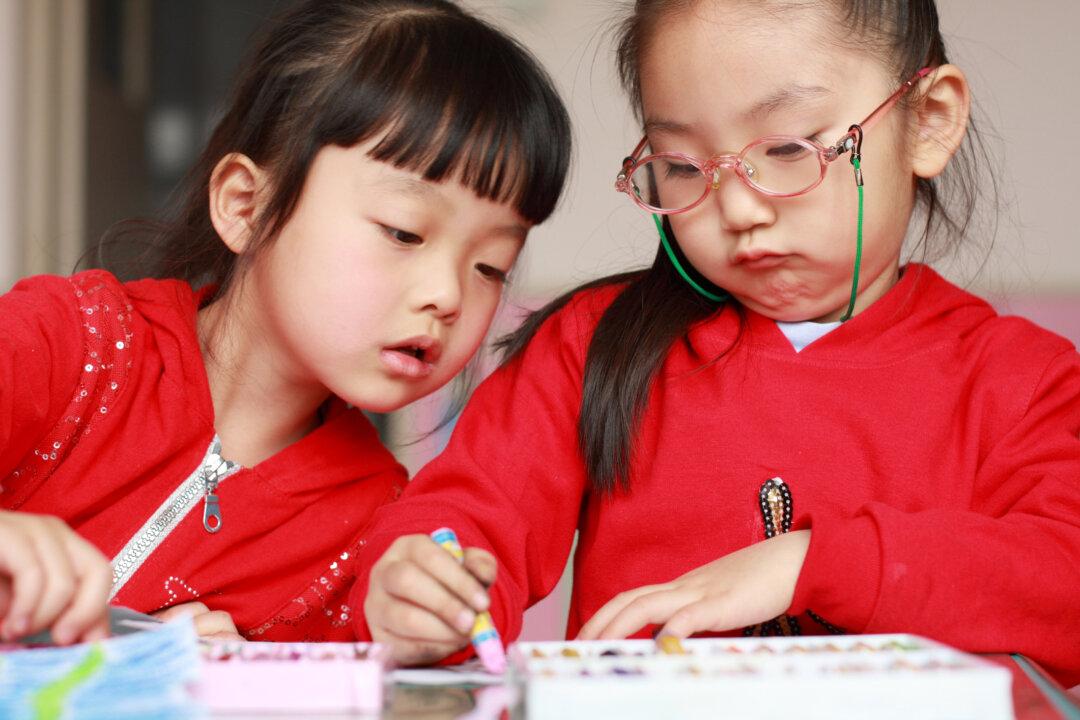The Chinese idiom 為善最樂 (wéi shàn zuì lè) expresses the principle that doing good is the greatest source of happiness.
The idiom originates from the Eastern Han Dynasty (A.D. 25–220) during the reign of its second emperor, Han Mingdi (漢明帝), or Emperor Ming (ruled A.D. 57–75).




